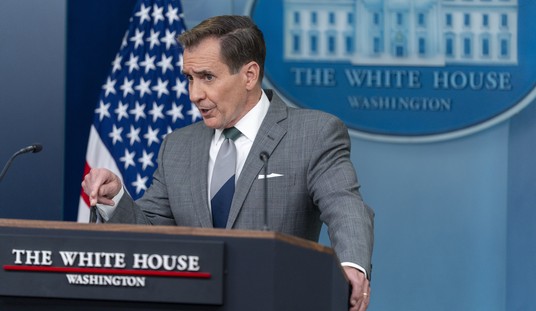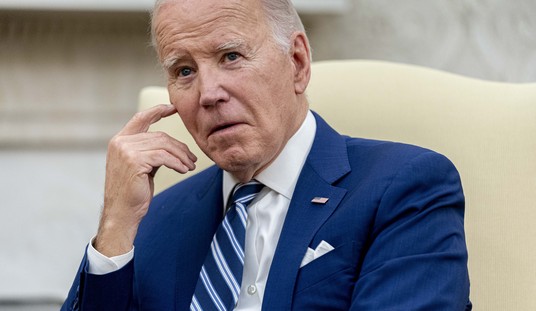One of the most infuriating things about talking tax policy in the United States is the insistence that businesses and corportations also have to pay tax. It is an absolutely insane claim that has no basis in reality.
I forget where I heard it – maybe it was Neal Boortz on a lecture about the FairTax – but it was laid out pretty clearly. Businesses are not people, and therefore cannot pay tax. In the case of raising a tax on business/corportations, there is only one place that revenue really comes from: The Consumer.
Those of us that participate in the regular financial transactions of business from the purchasing side will see costs rise as a result of higher taxes. This is because of the way the market works. In order to generate the capital to continue to grow and invest their business, owners (or shareholders) will find a way to keep their business as profitable as possible. Now, they have a couple of options, but those options inevitably lead back to higher prices on the consumer.
See, the tax can be applied to goods, which means higher prices, which the consumer pays. Maybe the tax can be applied to business, which makes up for lost profit by raising prices, which the consumer pays. Or, perhaps, the tax can be applied to business owners/shareholders, who will maximize profits by raising profits, which the consumer pays.
This is essentially what happens when you raise tariffs, as well, since tariffs are just taxes on imports or, in this case, exports.
Now, of course you can say that Mexican companies who import into the U.S. could lower their prices in order to remain competitive in the U.S. marketplace, but that isn’t a guarantee. Some businesses might not so that they can keep the profits up. Profits, after all, are a necessary component of growth and investment in business.
So, that leaves the American taxpayer footing the bill in the short term for The Wall. That’s not good for a multitude of reasons. It won’t send us into another recession or anything like that (admittedly, the market is strong enough to raise rates, so it’s strong enough to handle new taxes), but it will slow the growth necessary to help the economy start booming again.
Ultimately, if it is really in the interest of the United States to build a wall between us and Mexico, then just let the U.S. pay for it. It is hard to imagine it being that big of a cost in the long run, and it solves the problem they were looking to fix anyway. Alternatively, however, you can argue that The Wall is a bad idea and doesn’t solve the real problem we’re looking to fix, which is lack of enforcement of what’s currently in place.
Either way, you know?














Join the conversation as a VIP Member